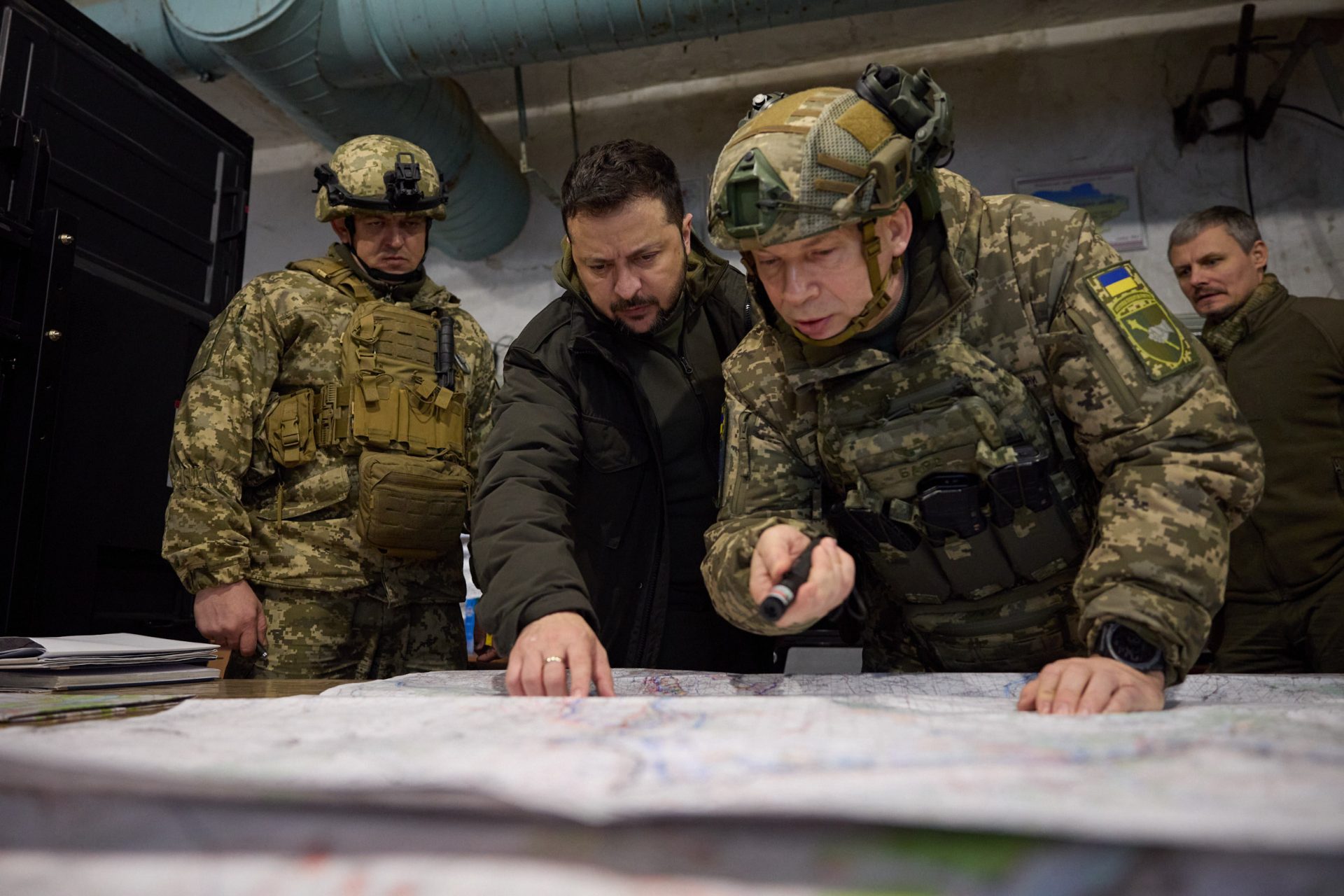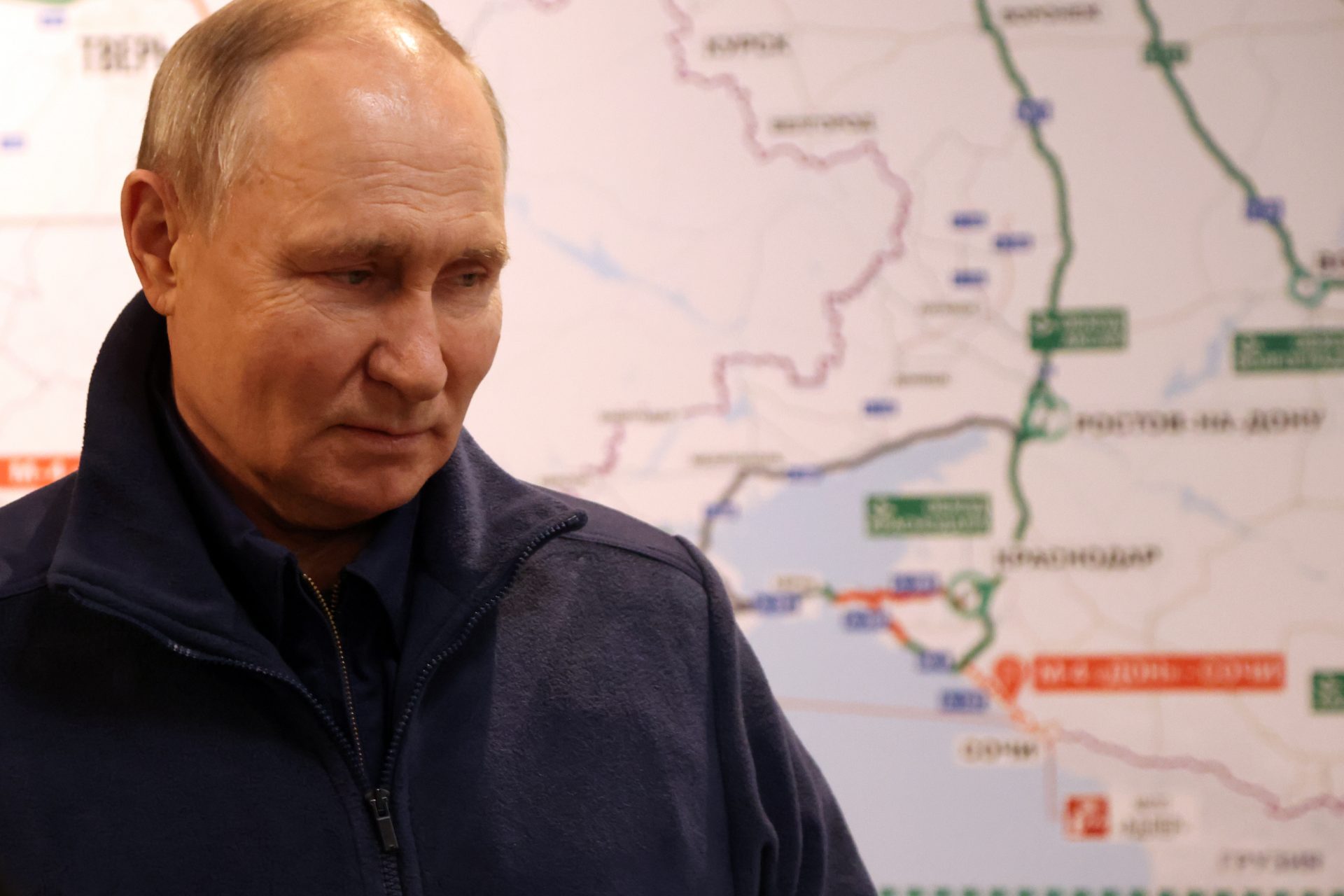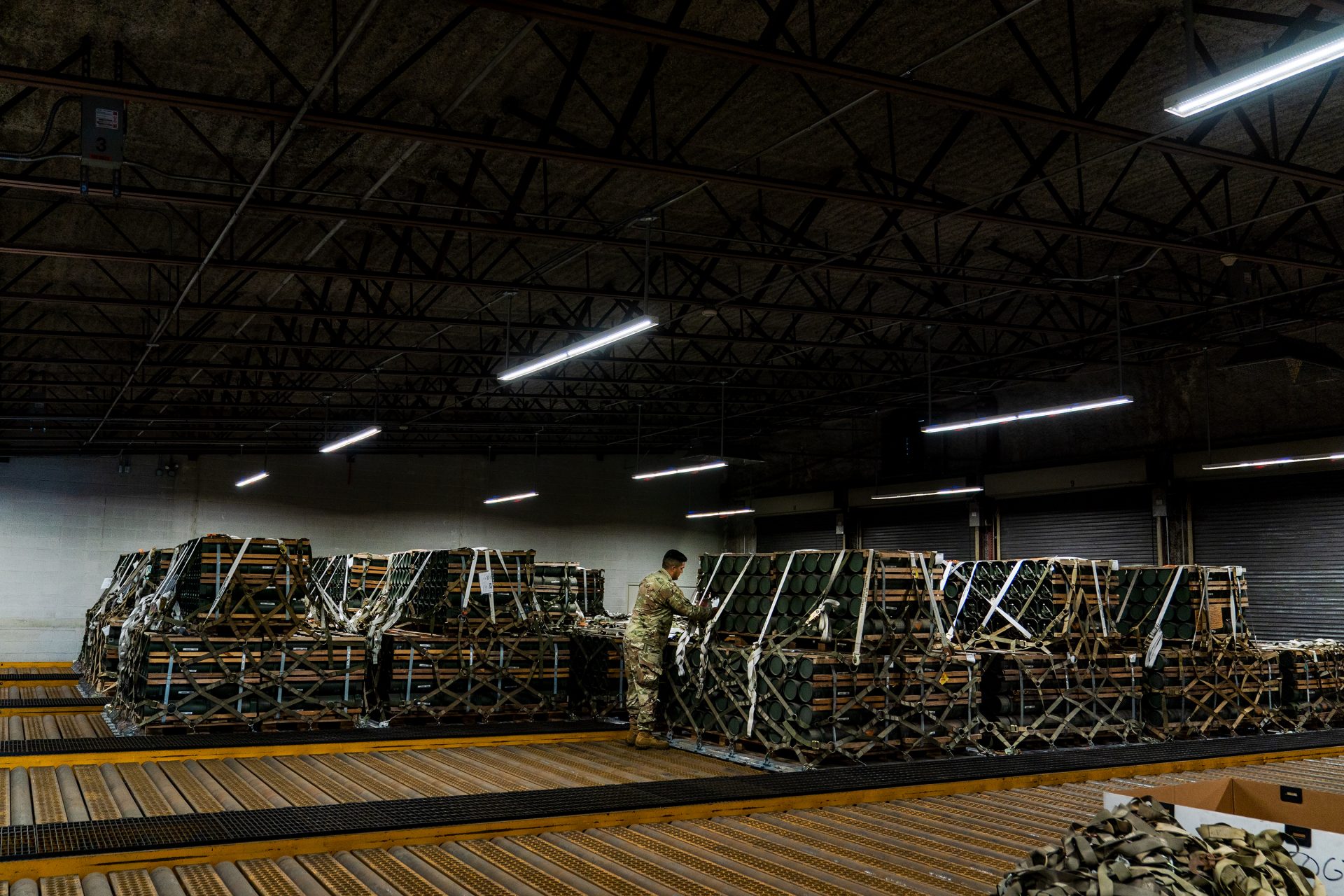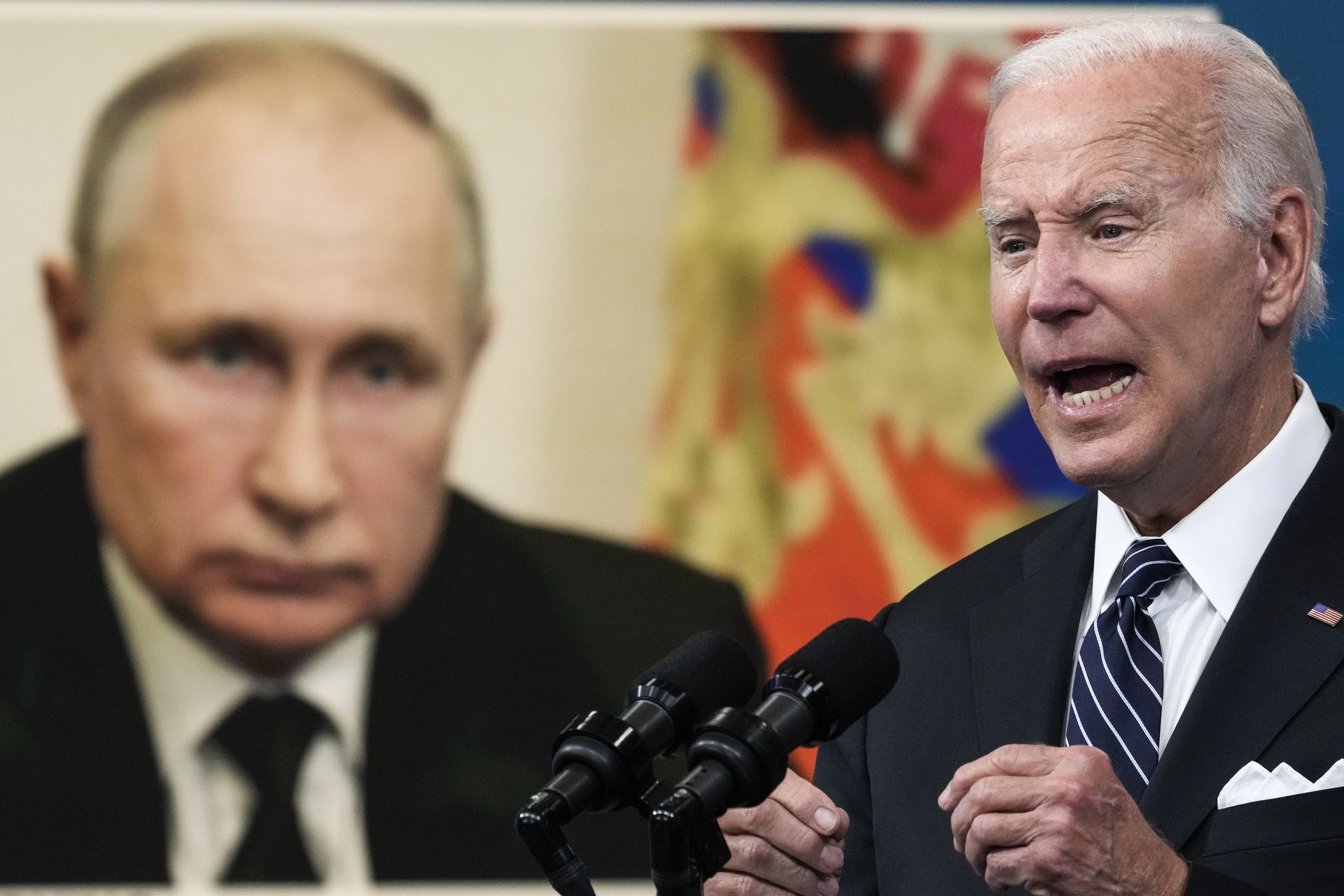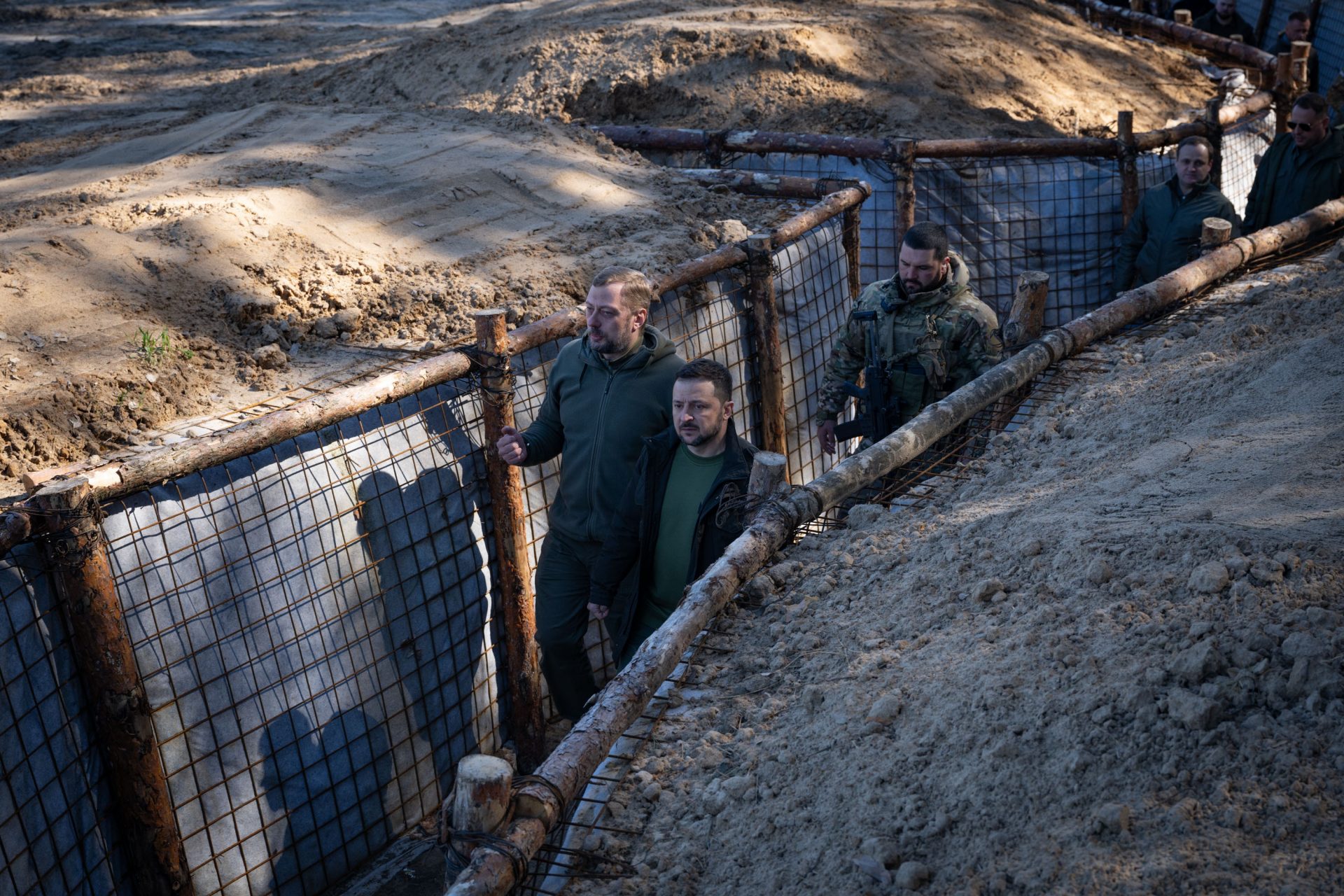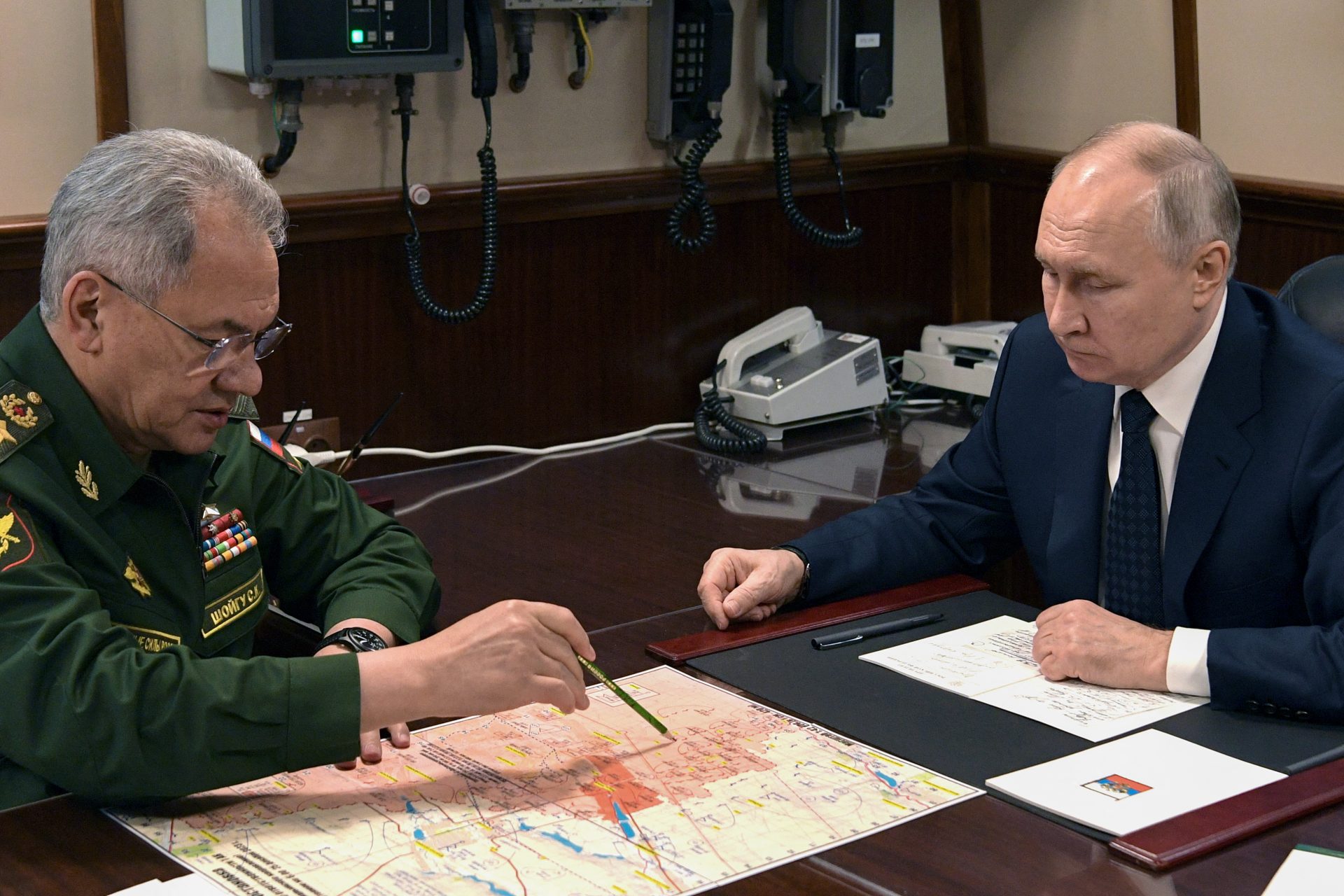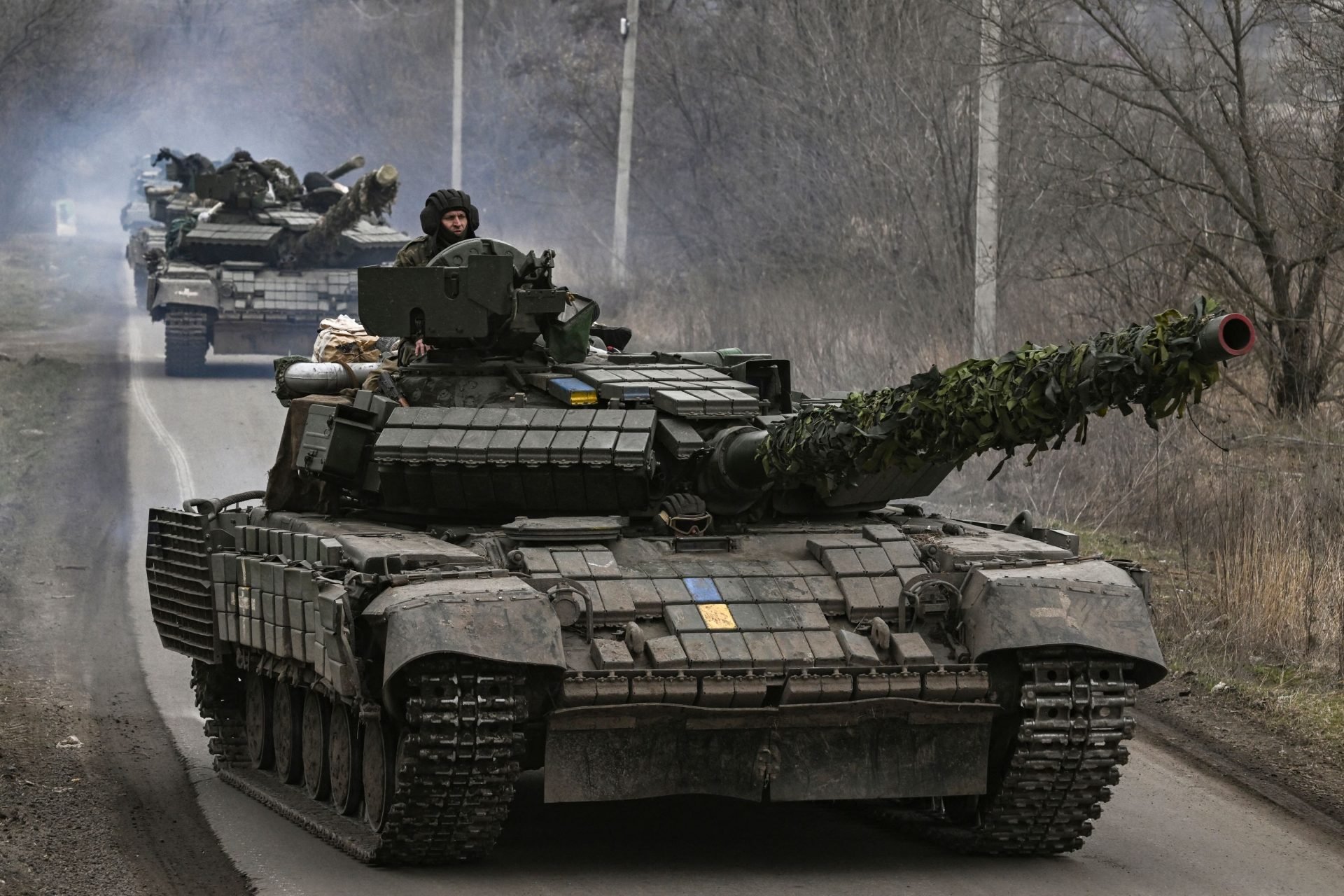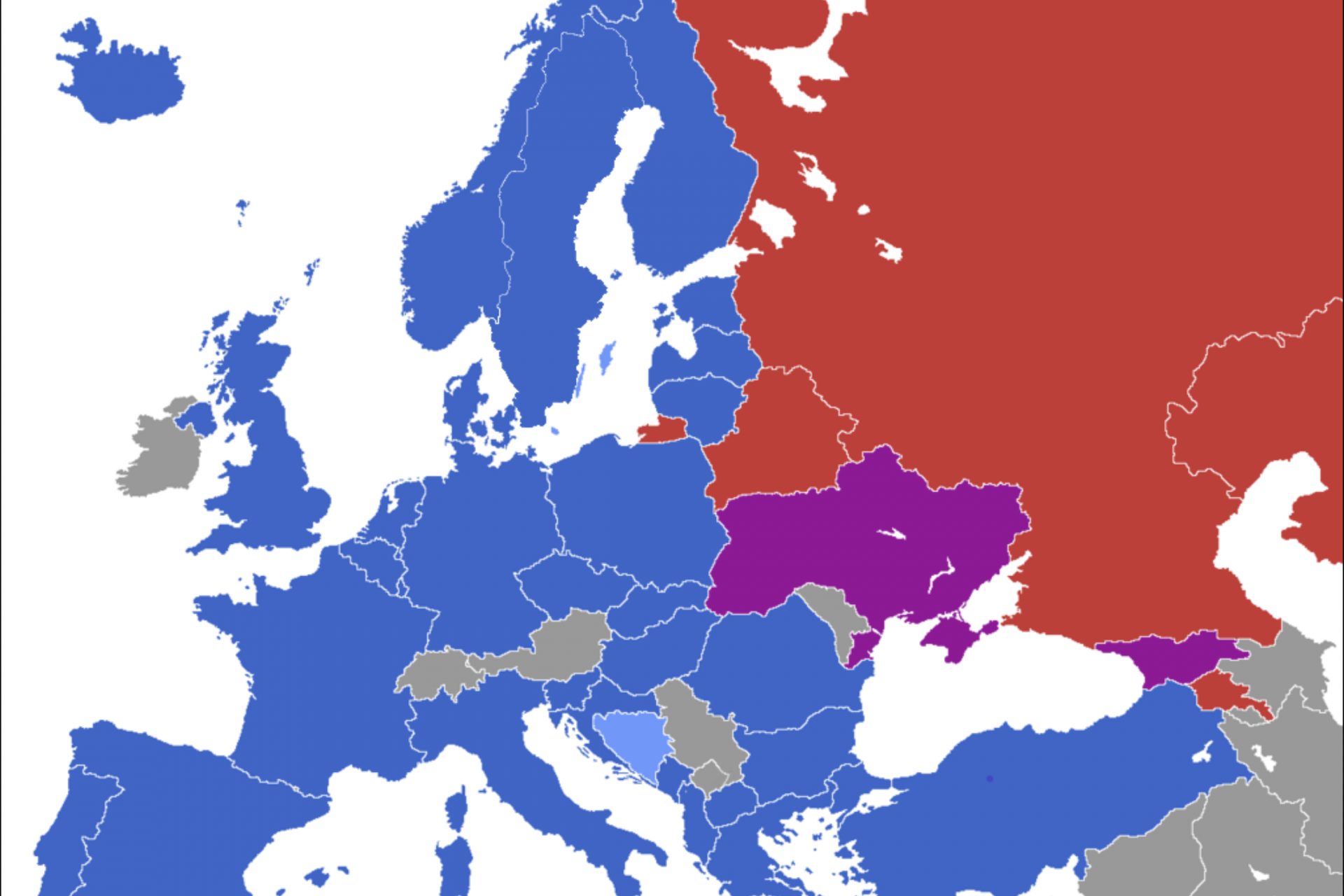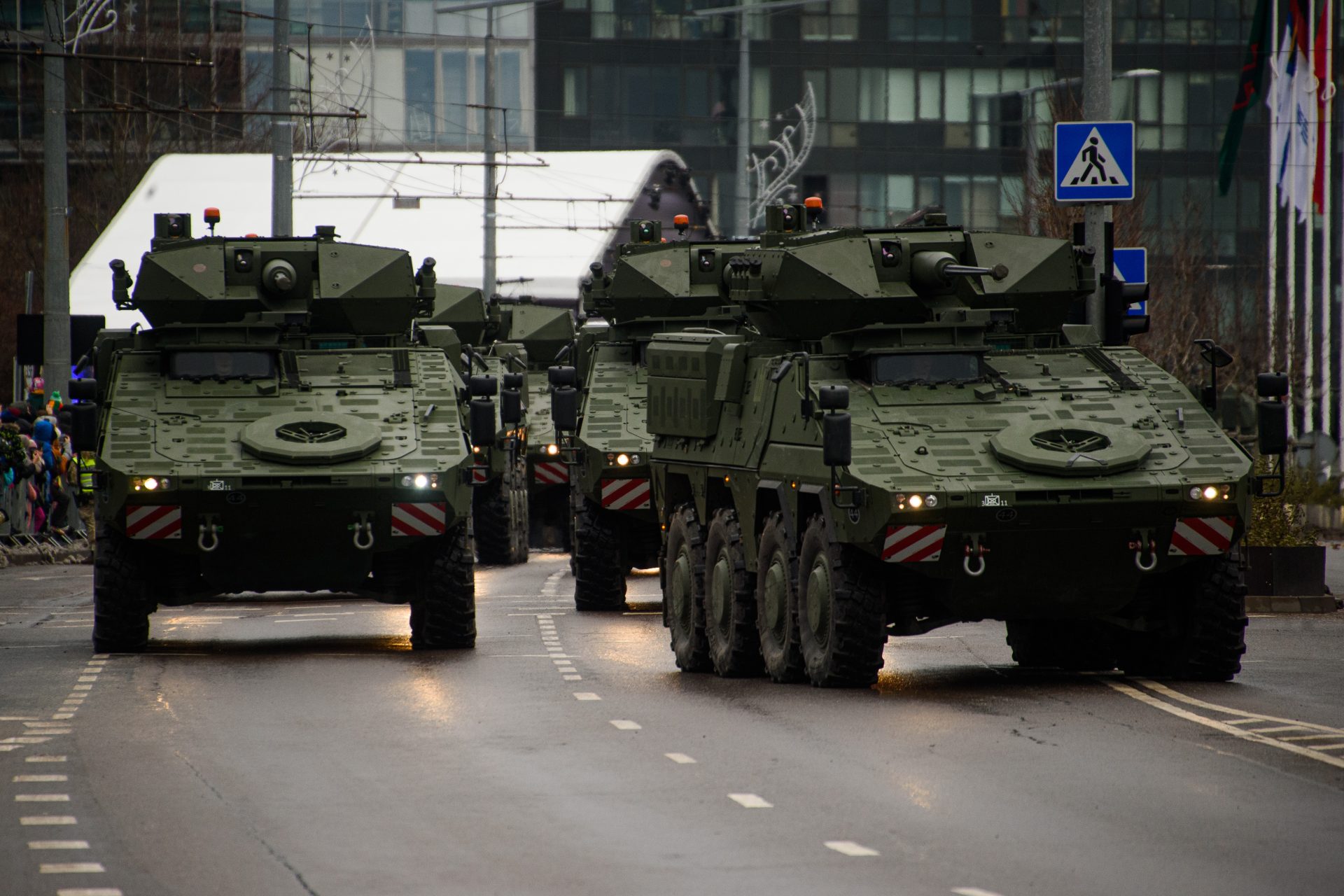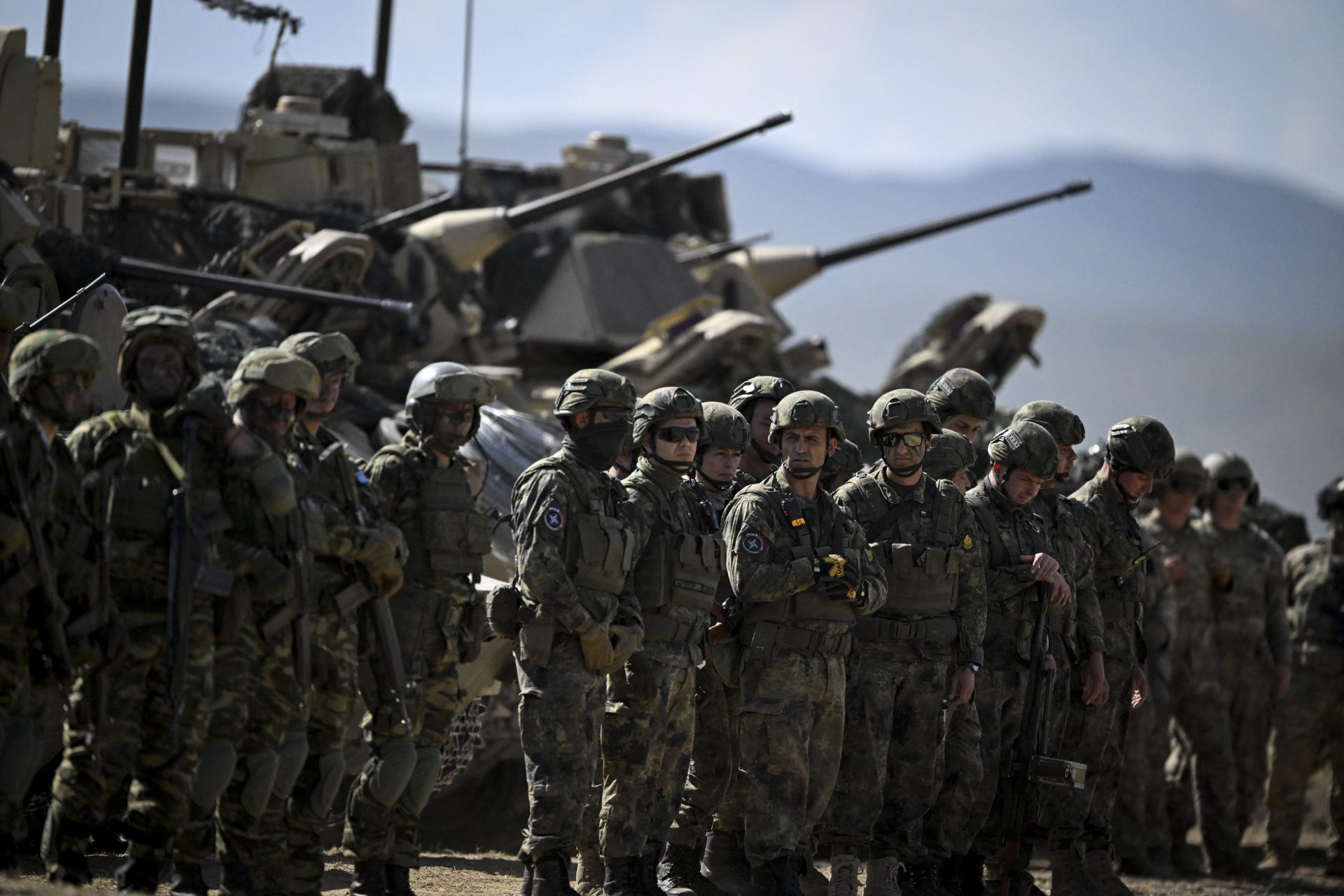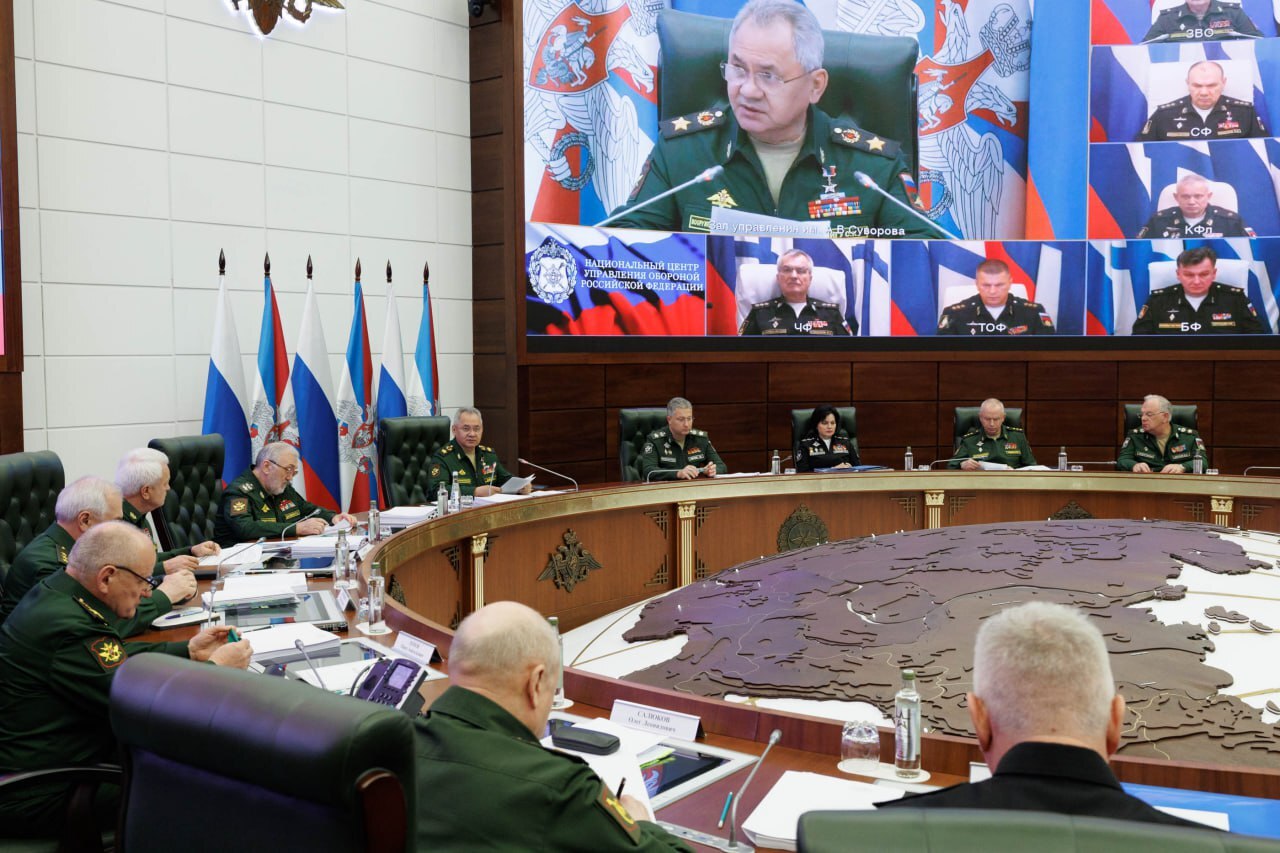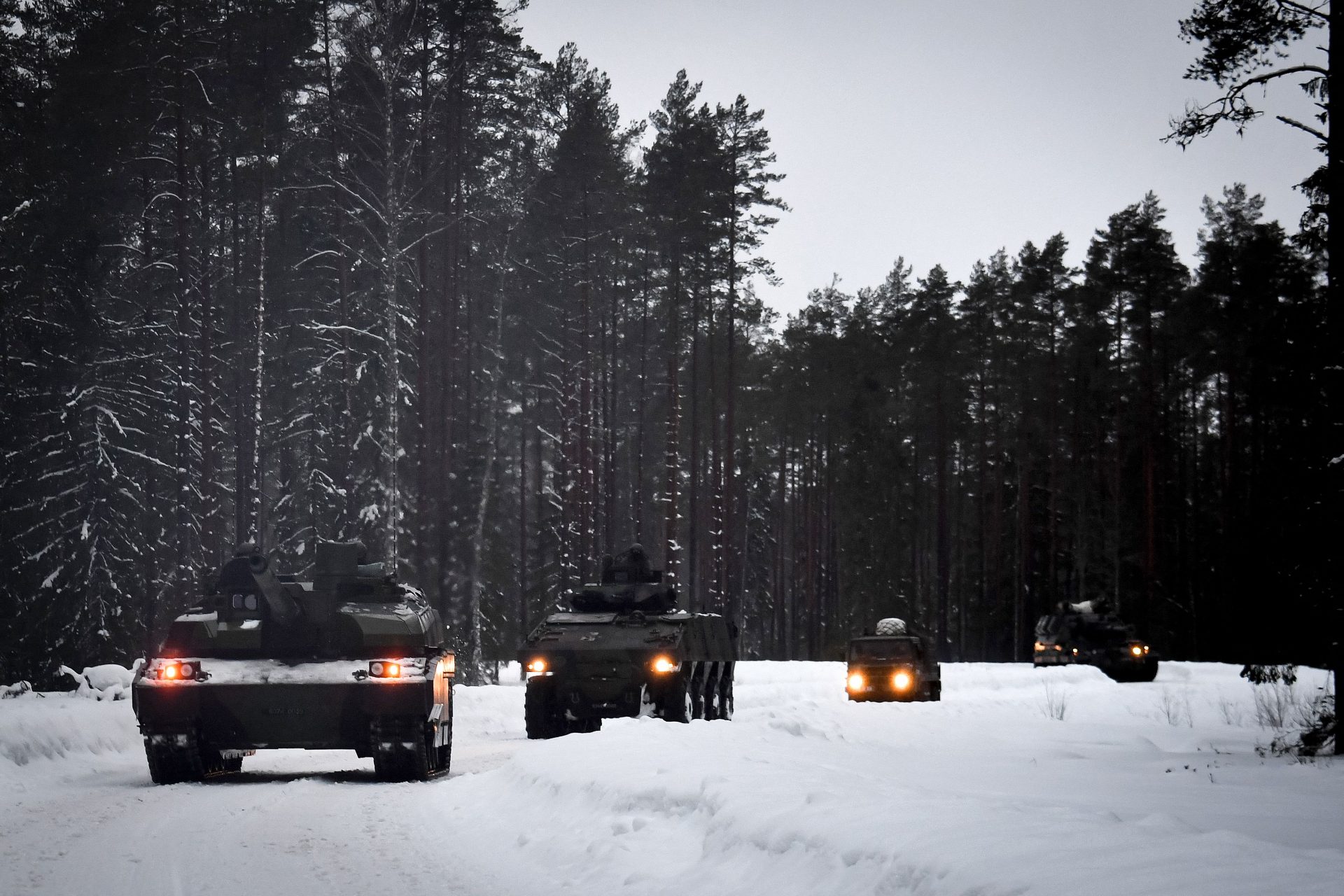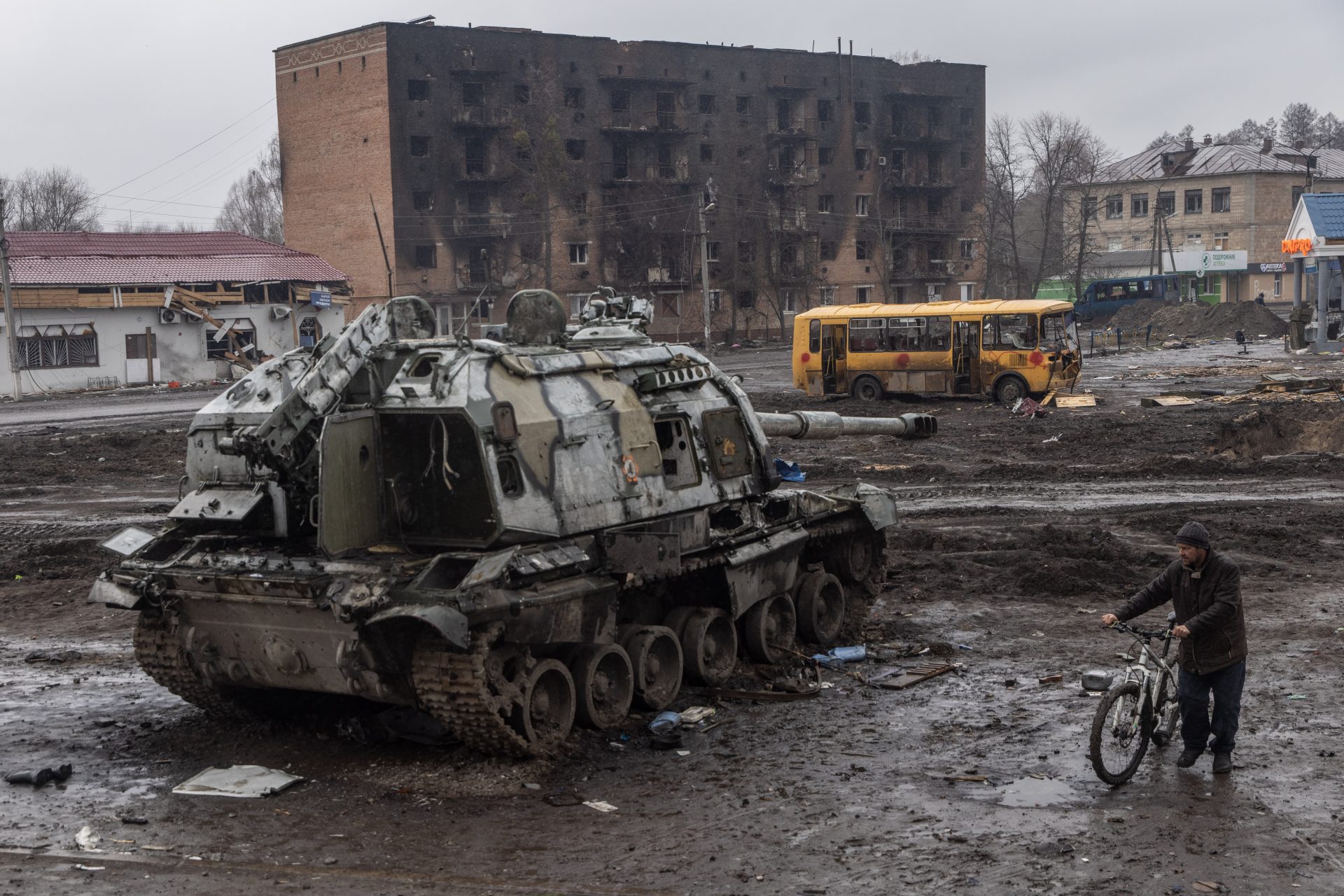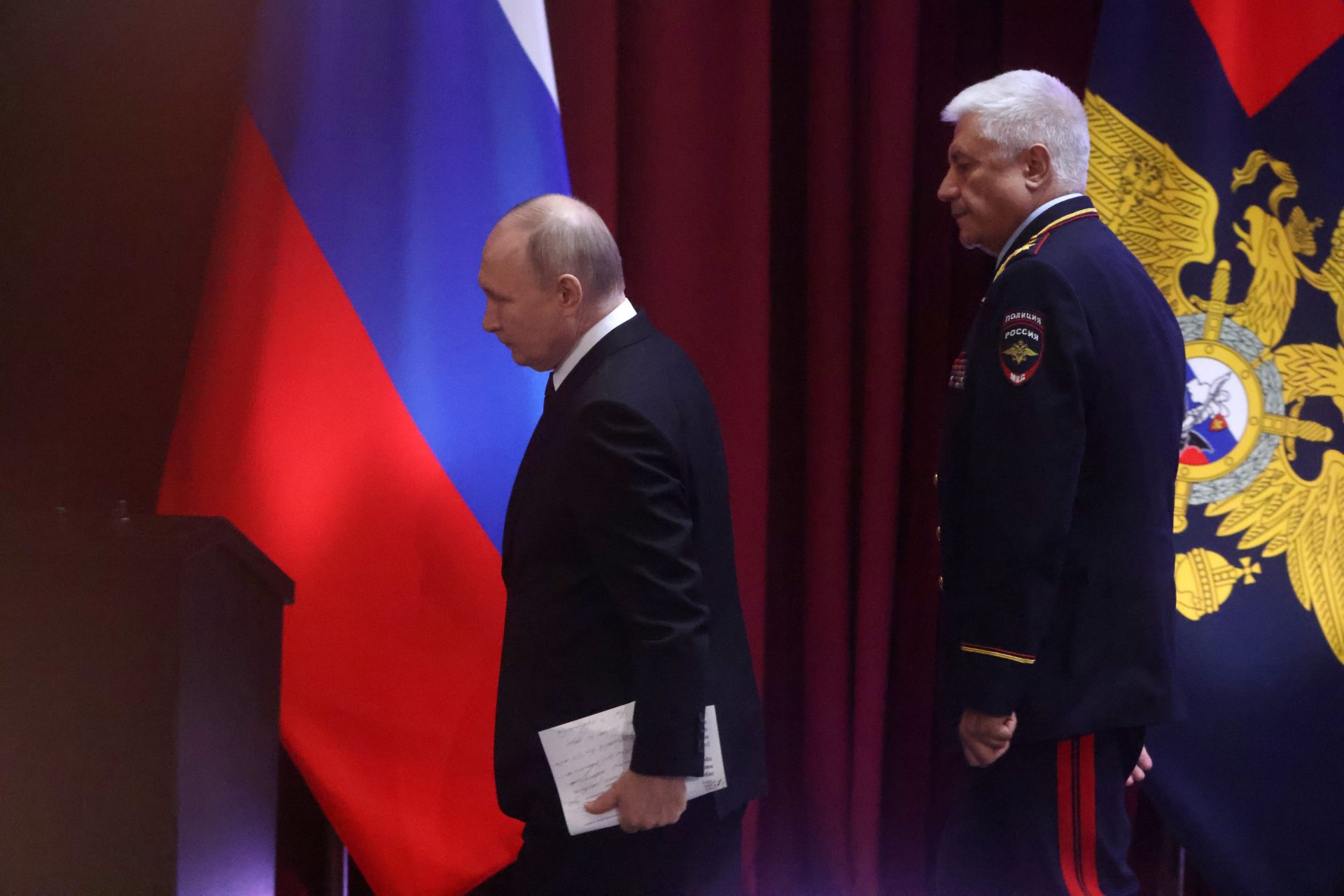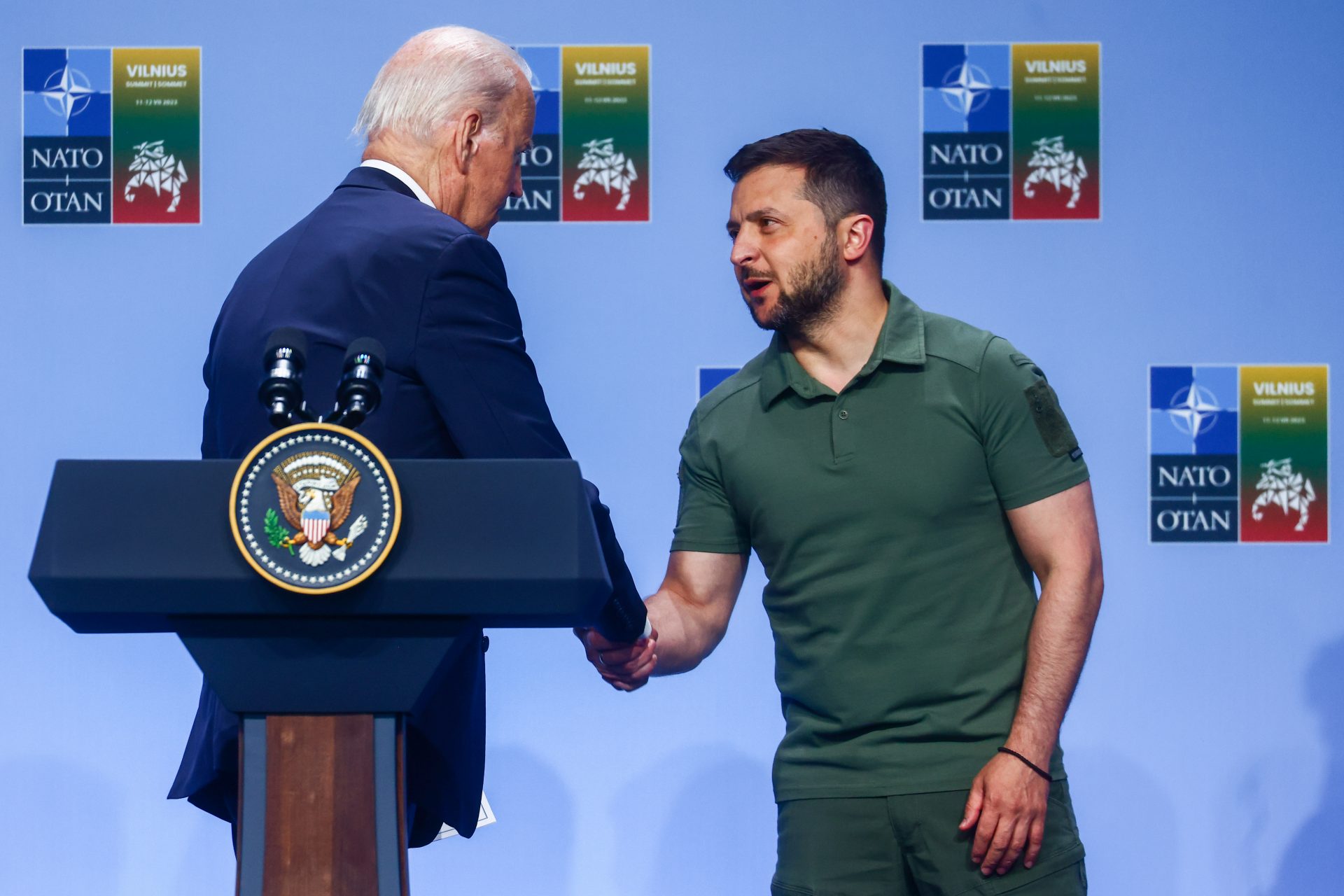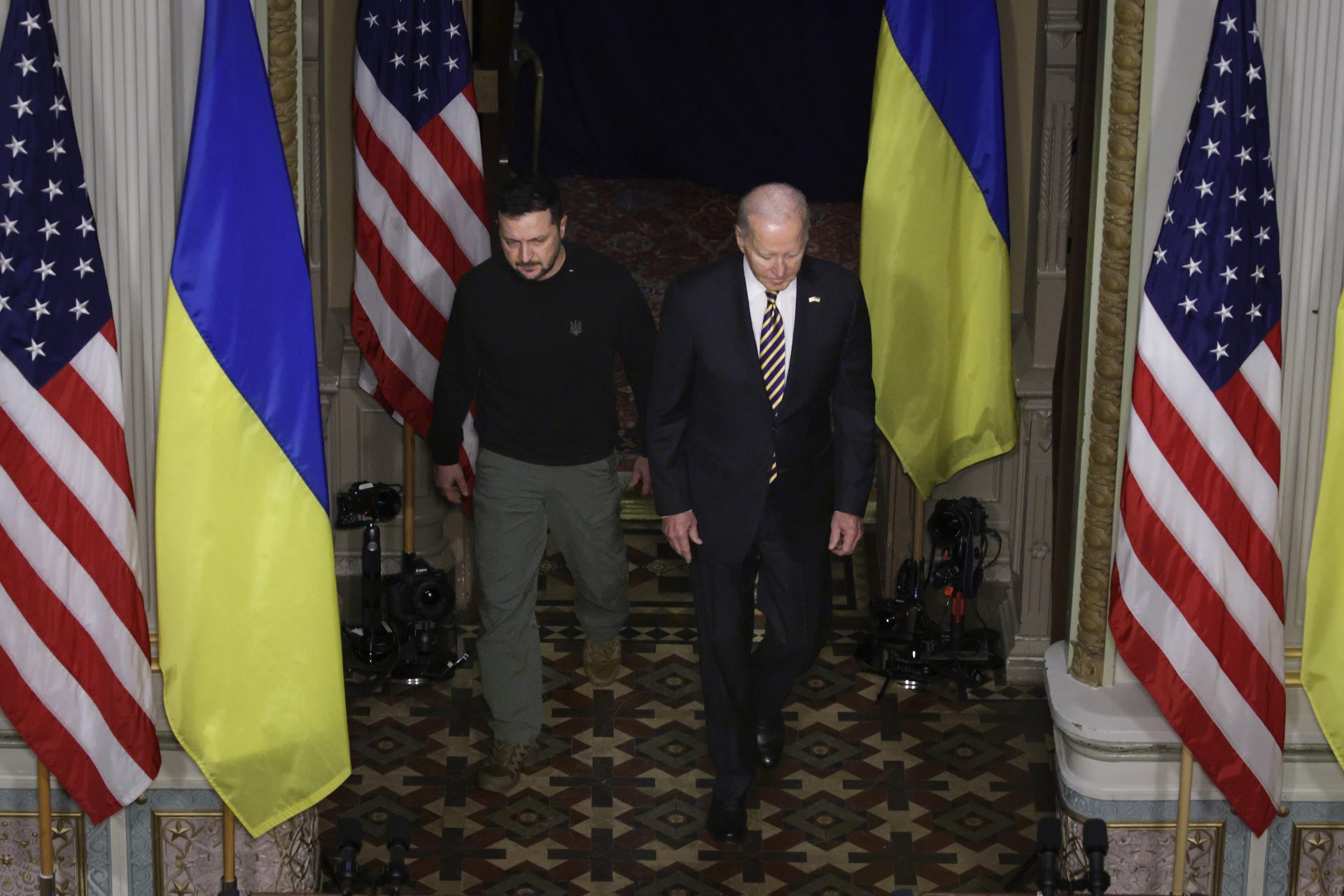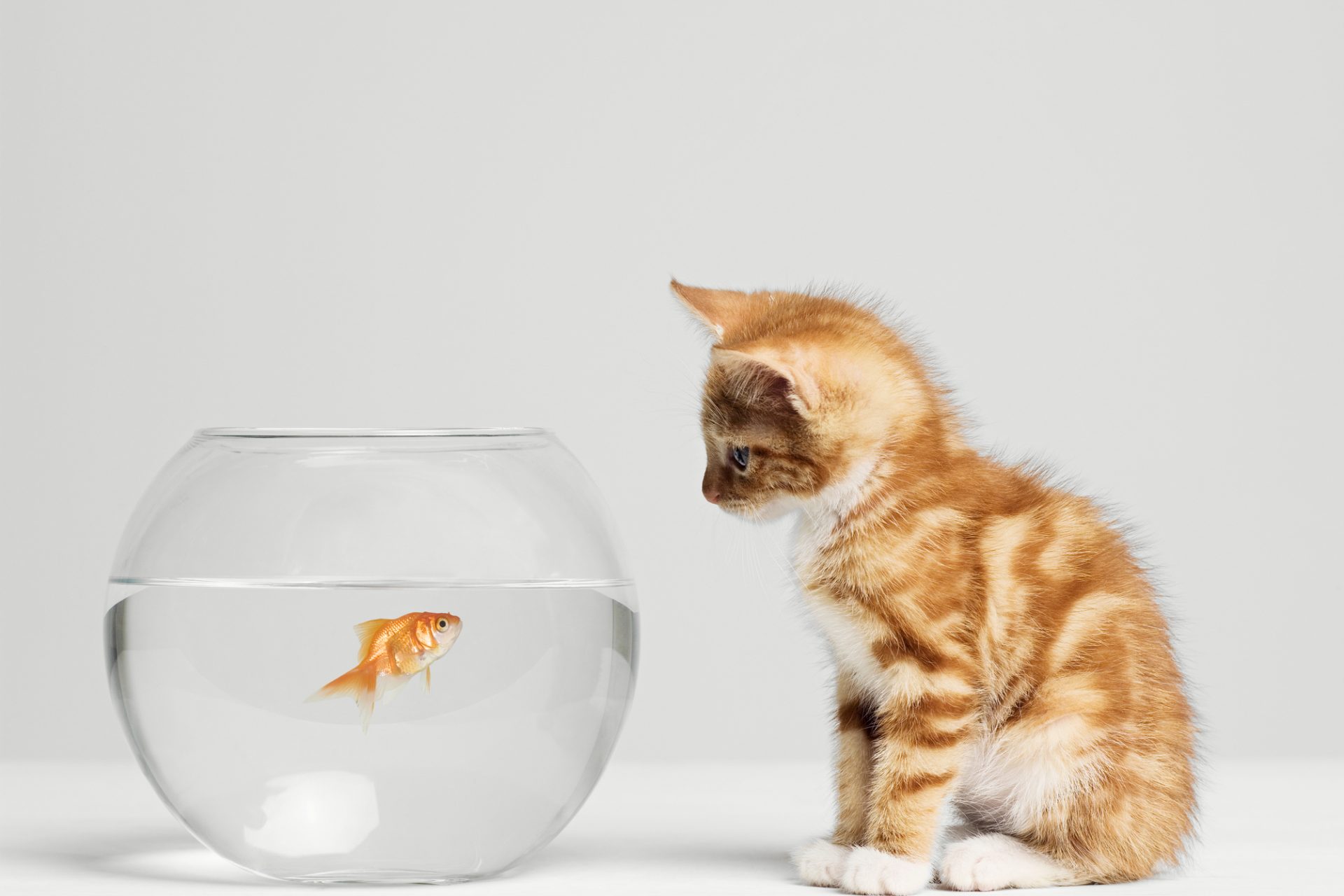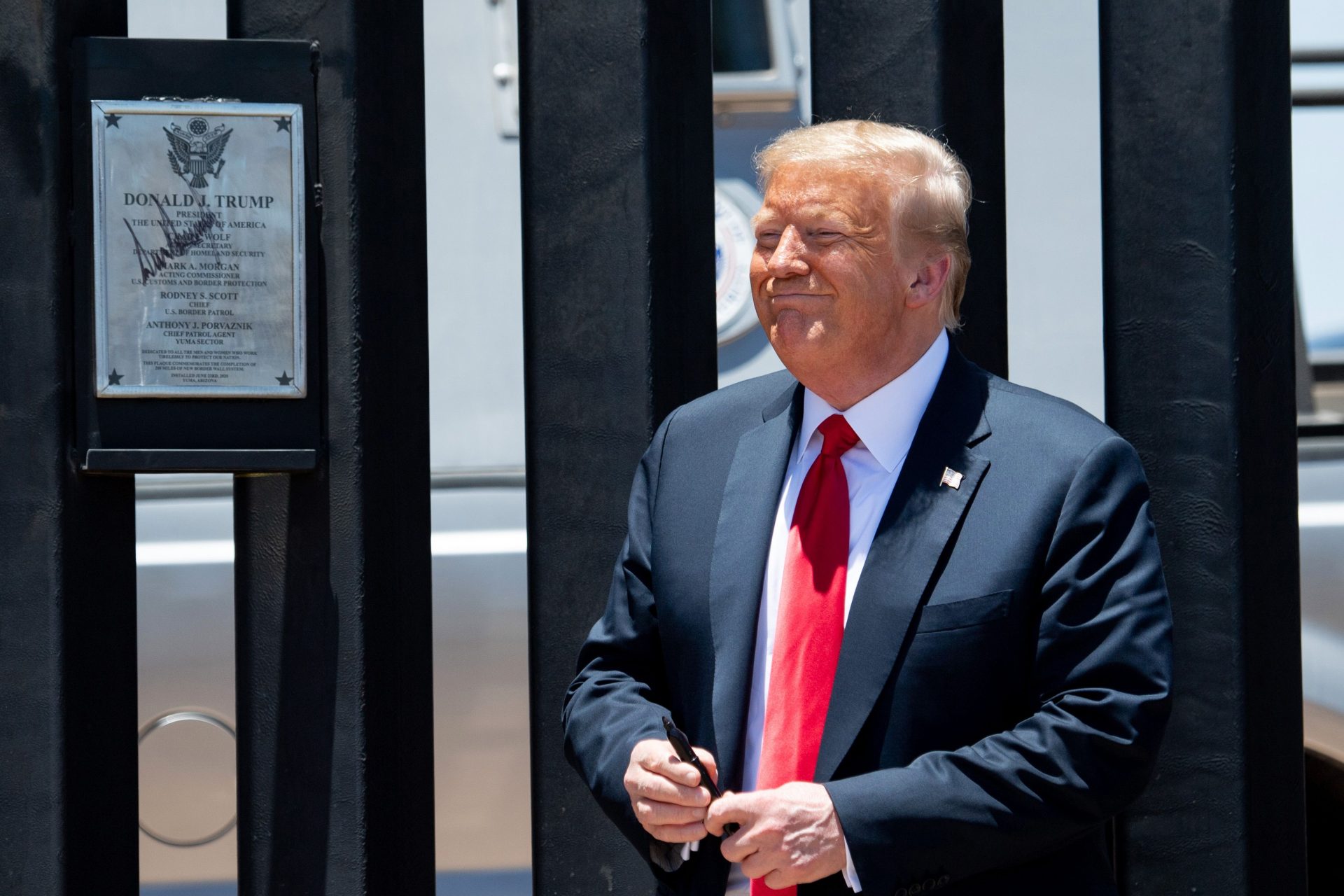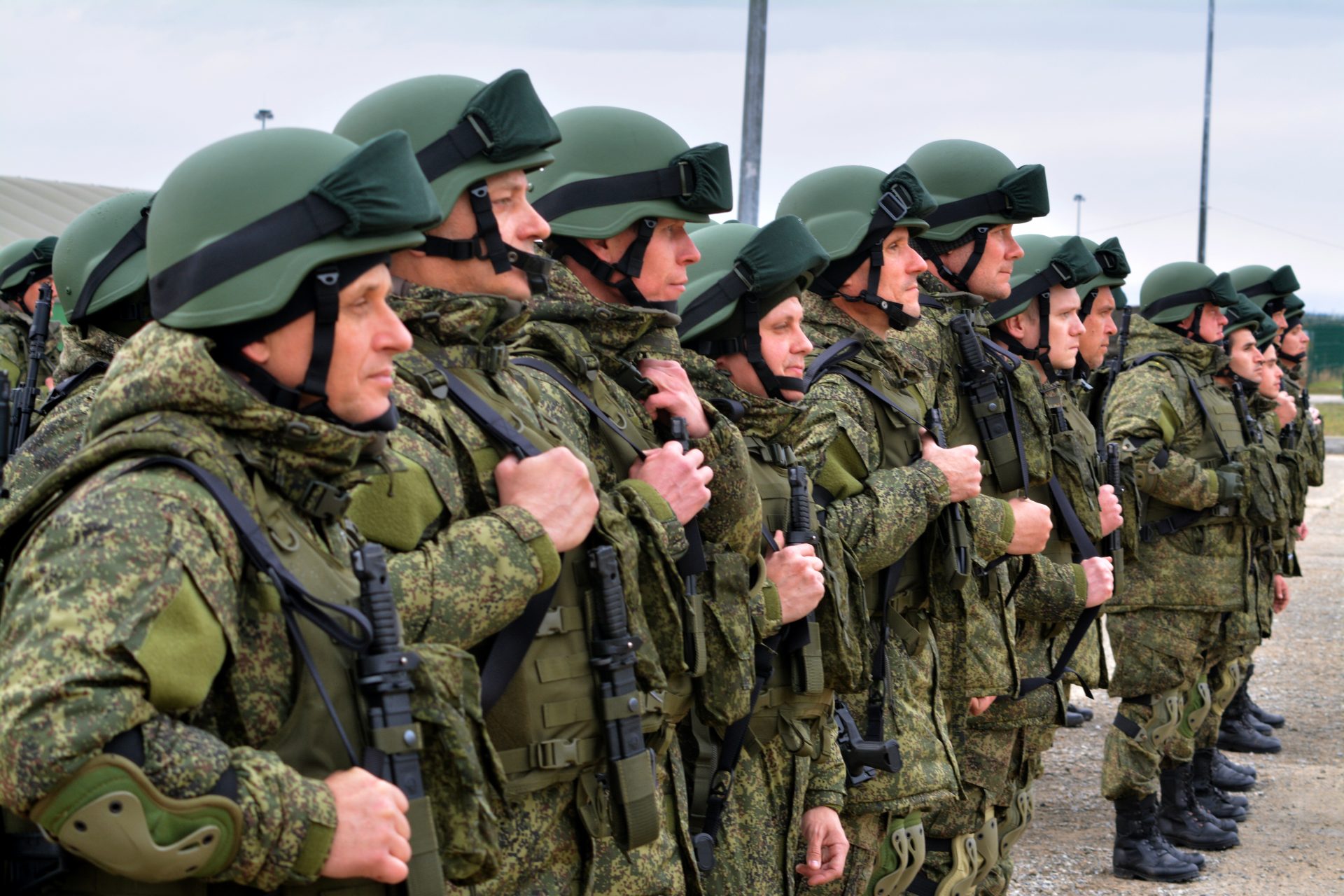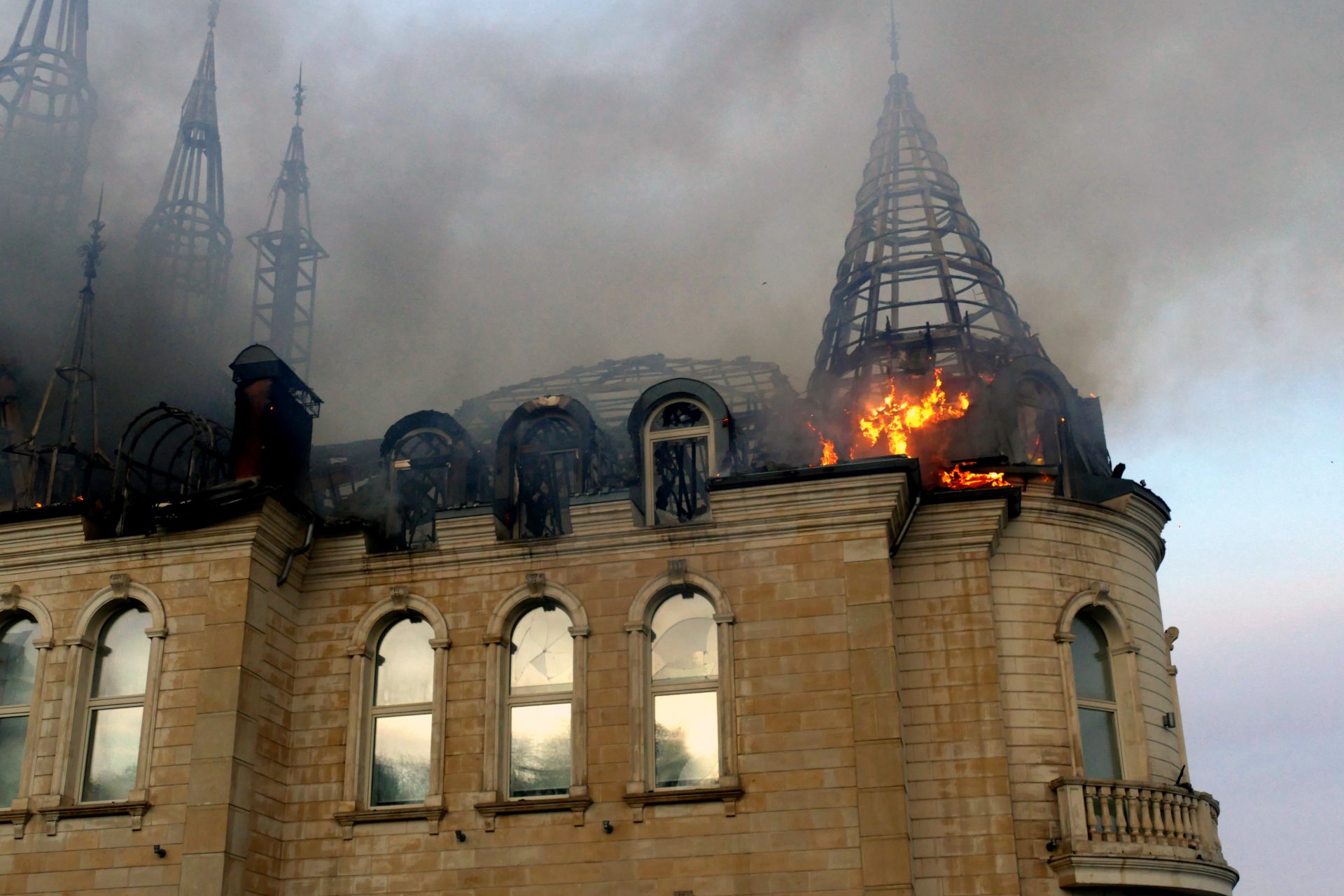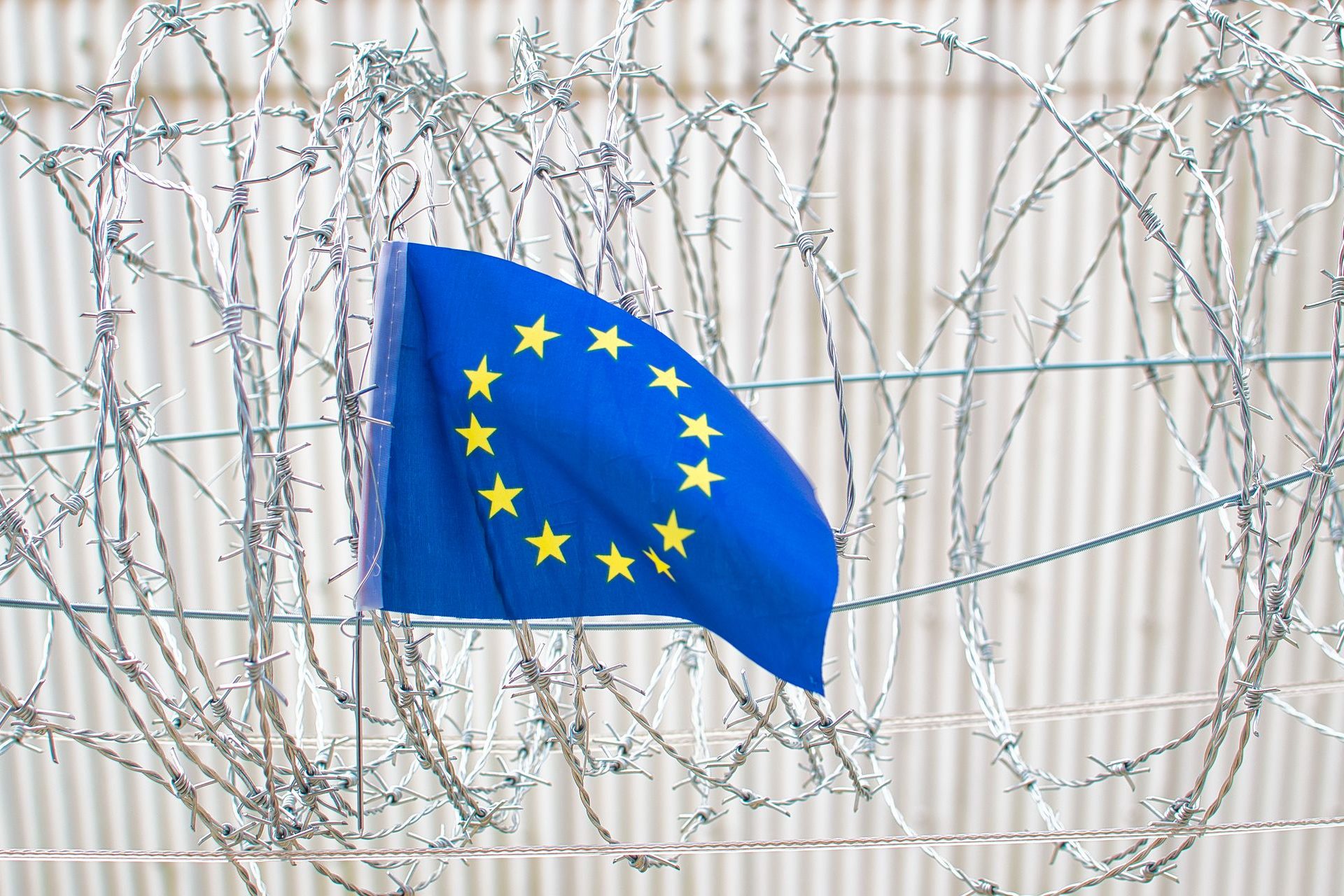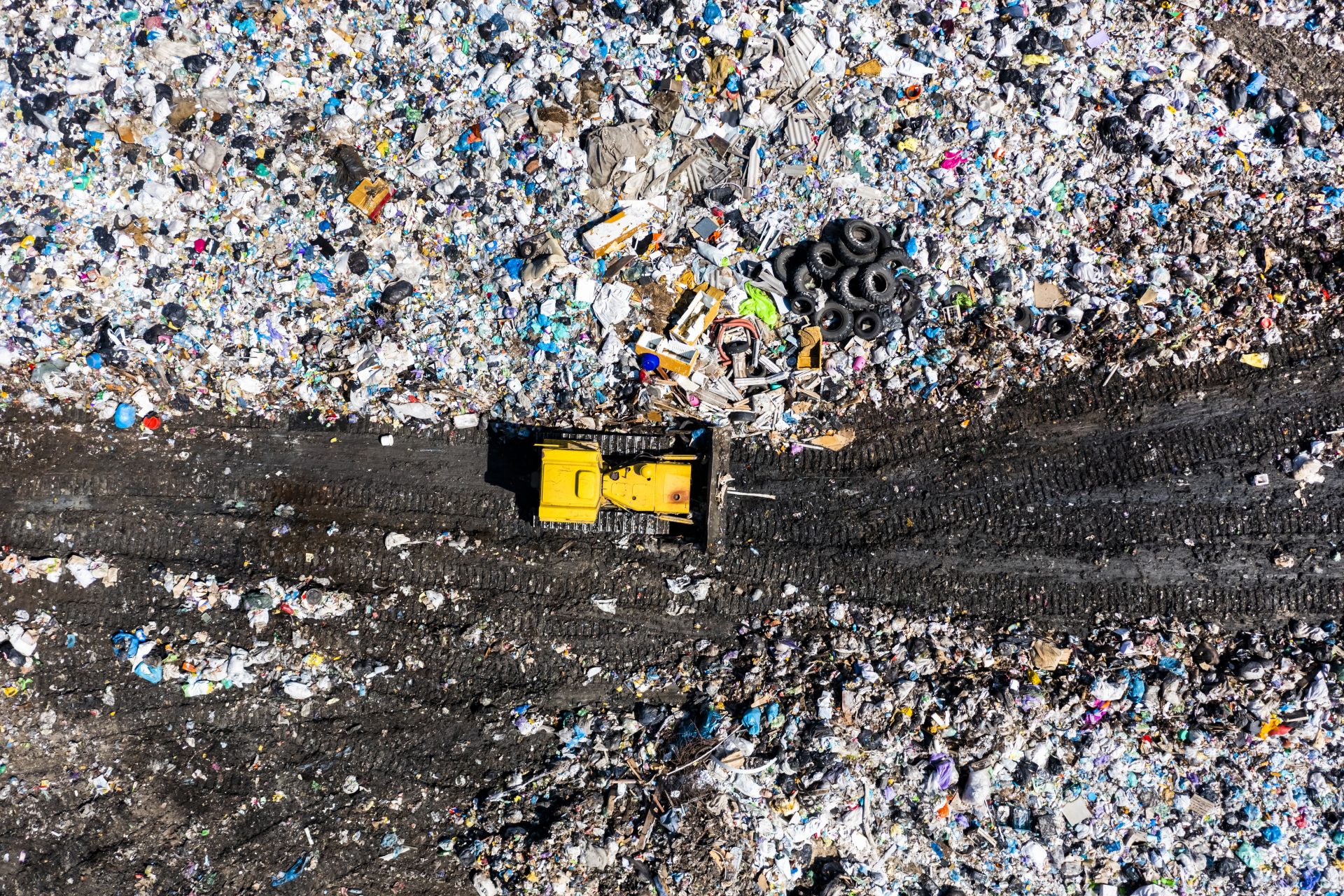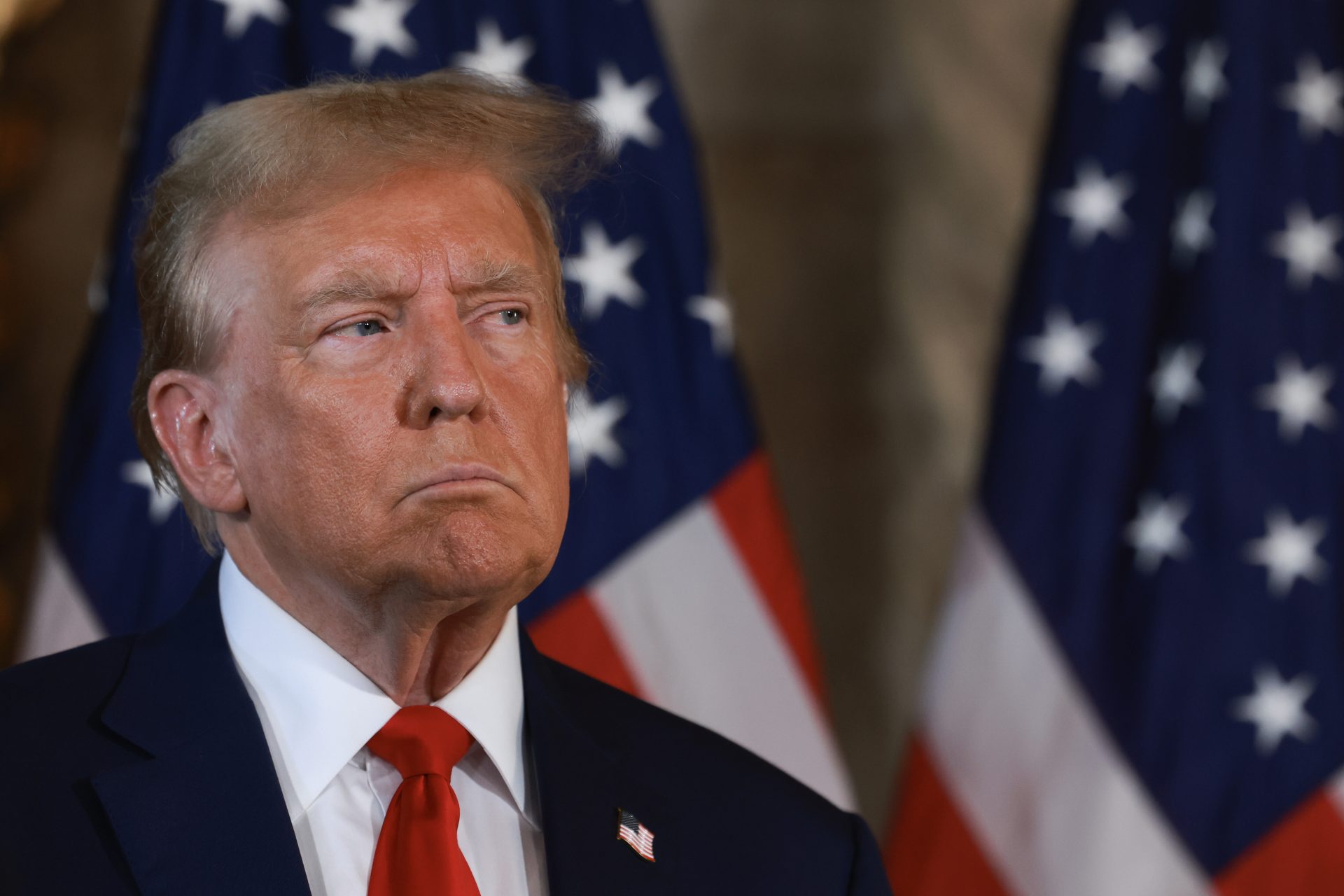NATO forces could face battle-hardened Russian troops if Ukraine falls
NATO frontline forces could someday face battle-hardened Russian soldiers if the Kremlin is allowed to win in Ukraine according to one war analyst. What would happen if Ukraine loses? There might only be one future outcome: war with NATO.
Debates about providing the Ukrainians with further military and security assistance are being fought under the false premise that the conflict has reached a stalemate. But one war analyst doesn’t believe the war has stalled.
Frederick W. Kagan is a Senior Fellow and Director of the Critical Threats Project at the Washington-based public policy think tank American Enterprise Institute and he warned about the perils of a Russian victory in Ukraine.
On April 16th, the Institute for the Study of War published an article Kagan wrote noting that Russia was breaking out of positional war and beginning to push the conflict toward maneuver warfare due to Kyiv’s lack of resources, an issue that is the direct result of American inaction on providing assistance.
Continued delays in American assistance would result in large Russian gains over 2024 and 2025 according to Kagan, who argued the United States was facing two choices. It could help Ukraine now or let it fall and fight Russia later.
Kagan reasoned a defeat in Ukraine would lead Russia to drive towards NATO borders all the way from the black sea to central Poland. The resulting situation would make the defense of the Baltic States “almost insurmountable.”
“The risks of a Russian attack against NATO in the near future would rise dramatically if the US allows Russia to defeat Ukraine now,” Kagan wrote. “These long-term risks and costs far outweigh the short-term price of resuming assistance to Ukraine.”
Allowing the conflict in Ukraine to freeze at its current frontlines would reduce the risk to NATO and its easternmost member states and would also strengthen the alliance’s ability to deter and defend itself against an aggressive Russia.
A strong Ukraine, even without the territories currently occupied by Russia, would make it difficult for Russian war planners to mount campaigns against NATO’s eastern nations since they would have to assume Ukraine would join such a war.
However, if Ukraine is defeated, defending Poland or the Baltic States becomes a more difficult challenge Kagan explained, noting Moscow would impress as many Ukrainians into military service as possible and tap into Ukraine’s industrial base.
“In this dire scenario… NATO must expect to face large Russian conventional forces along its entire border from the Black Sea to the Arctic, bringing the southern Polish, Hungarian, Slovakian, and Romanian borders under threat of Russian ground attack,” Kagan wrote.
Photo Credit: Wiki Commons By Hasancelikbilek35, Own Work, CC BY-SA 4.0
The threat NATO would face from Russia all along its long eastern border would draw in reserves from Europe and the US, which would tap the alliance of the reinforcements that it would need to defend regions like the Baltic States in the event of an attack.
“These NATO troops, inexperienced in fighting modern mechanized war, would be staring down a battle-hardened Russian military, emboldened from its victory in Ukraine,” Kagan explained.
Under a scenario where Kyiv loses its current war against Russia, war planners in the Kremlin could prepare military campaigns focused on attacking Poland or the Baltic States without needing to worry about its rear areas and a possible Ukrainian incursion.
“That planning assumption would allow Russia to concentrate against the Baltic States forces they would otherwise have to array along the Ukrainian frontier to deter or defend against a Ukrainian effort to help defend NATO,” Kagan wrote.
“It is almost impossible to overstate how much the success or failure of Ukraine’s current efforts to fight off the Russian attack changes the prospects of a future Russian attack against NATO’s northeastern flank," Kagan added.
Much of Kagan’s assumptions based on what could happen are just that: assumptions. But it isn’t unlikely that a Russian victory in Ukraine would lead to Moscow pursuing more of its foreign policy goals in Eastern Europe through war rather than diplomacy.
A defeated Ukraine will “pose a major conventional military threat to NATO” in a short period of time according to Kagan. “It will be much harder to deter future Russian aggression and both more difficult and far more costly to defeat if deterrence fails.”
“The choice before the US today is thus stark, but the answer is clear. American interests now and in the future are served far better by resuming aid to Ukraine now than by allowing Russia to win,” Kagan concluded.
More for you
Top Stories




